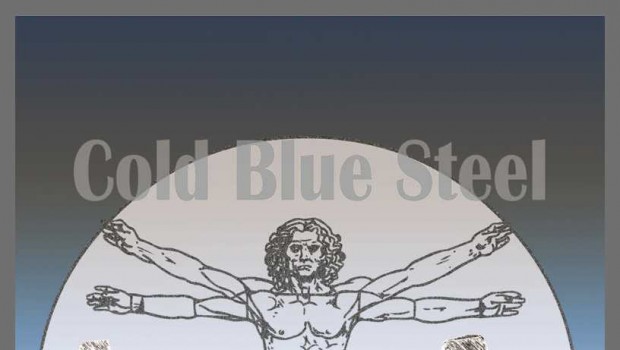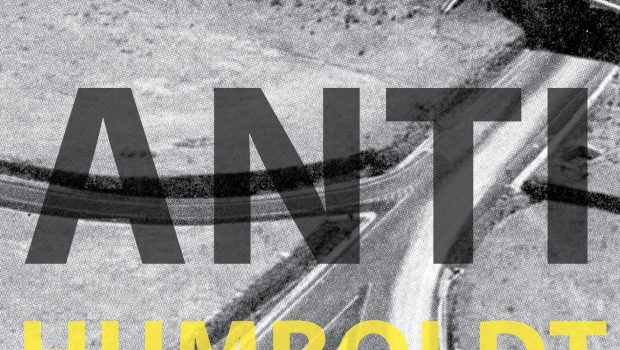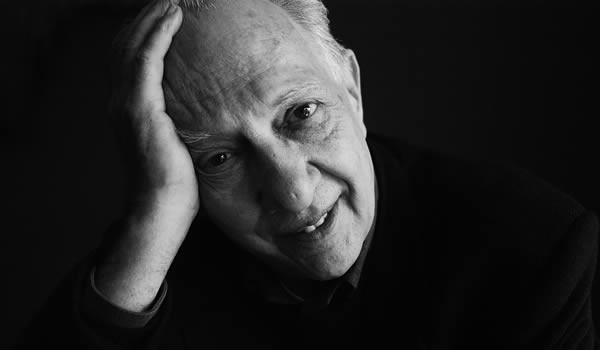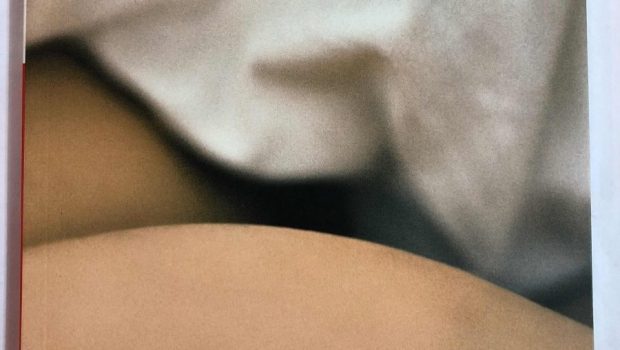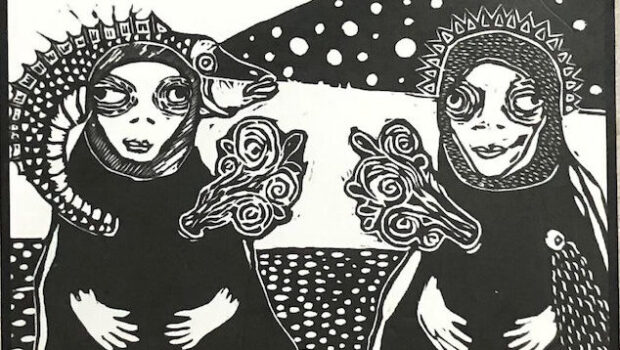POET/COP/COP/POET
Debra D. Andrist
Title: Cold Blue Steel
Author: Sarah Cortez
Oublisher House: Review Press, 2013
Hyper-realistic and not just down-to-earth but first-hand-aware of the worst in terms of human behavior, Sarah Cortez can’t quite suppress the idealistic-altruistic core which led her from protected and thoughtful Catholic schoolgirl with preparation and later careers in classical languages, finance and teaching to patrol officer on the gritty urban streets of Houston, Texas as a sworn officer with the necessary personal grit and savvy to both stay alive and uphold the law. But, is she a poet/cop, as her initial life formed her worldview, or a cop/poet as later experience (de)formed that older and wiser worldview?
Her first collection, How to Undress a Cop, mostly treats that street experience as if she were still bemused by the range of human experience. Bemusement evaporates in her second award-winning book of poetry, Cold Blue Steel. Divided into three sections, Showing Rookies How It Happens Quickly, The Inches That Matter to Me and Feeling Too Much, At Times, these 49 poems run the gamut of emotions and perceptions. The pragmatic first poem ends with references to loving justice–blind though the personified Lady is (2)—and the last poem’s last phrase refers to being “on the side of justice,” no matter the personal cost (82), the matter-of-fact, yet still-hopeful, poet/cop’s worldview bookending the poems in-between. The poems in-between are those where the cop/poet suffers, yet endures, due to the on-going periodic doses of shock, pain, disappointment, sadness, anger and resignation—with the occasional respite of irony and/or sarcasm.
Ever practical, generally in first and second person, Cortez advises female rookies about contradictions in the cop experience, that “the badge is the prettiest piece of metal you’ll ever wear [though] the odds are all against you. Still” (1) and males of the limitations of power, that “the badge gives you the right to do a job. That’s it” (1). “You’ll Learn” enumerates the heartrending truths of the cop experience, notably that “I. Everyone lies to the cops” and “IV. No one merits trust” (3) and, to survive, that it’s essential to “VIII. Immolate your heart.” (4). “Legs” and “Crewcut” offer moments of isolated sparks of life, in recognition of attraction to the opposite sex in and among the mayhem. But other poems jerk the reader back into the latter as Sarah’s poems voice other officers’ horrifying experiences: memories of long-ago random violence in Vietnam, more recent officer deaths in drug busts and ride-alongs gone wrong with child and spousal abuse cases particularly wrenching.
Overwhelmingly characterized by gun motifs, the second section ranges from black humor, feigning “[to start] to collect money for shooting lessons for the wife” (37) of an unfaithful cop, who finds out about his indiscretions, yet misses him pointblank with the “little ‘ole bitty.38 he’d bought her for protection nights he wasn’t home” (36) to the poignant grief of a police dog. When “the handler stops some rounds . . . his dog sticks his muzzle into the officer’s bulk and whines [but] then that poor dog stops whining . . . stops trying to pull his handler back into this world and I know that guy is dead” (48-9).
Section three dwells on ever-present death in the life of a cop, funerals, murders, injuries, with the only reprieve a “near-fatal case of the stupids” (61). And yet, though the final poem addresses “if someone has to unravel the evidence at my [own] homicide,” (81) the last word is literally justice, “even if I’m dead, I’m still on the side of justice” (82). There are greater truths in the life and times of a poet/cop.
Posted: October 13, 2014 at 5:12 pm


